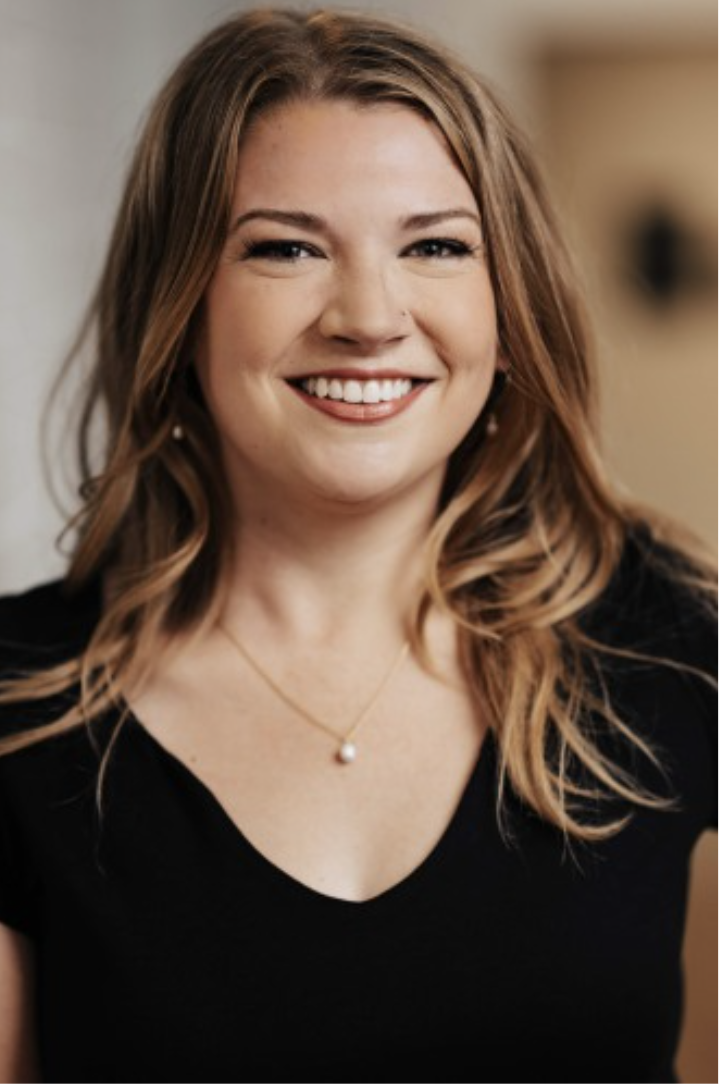This perspective has shaped the way I approach my work: with humility, patience and a deep commitment to making education more inclusive for everyone. It also cemented my passion for working in higher education — helping students navigate their own journeys as I had to navigate mine, often without a clear map but with a lot of determination and heart.
Q: Can you describe some of the unique challenges or barriers you faced as a first-generation student, and how did you overcome them?
As a first-generation master’s student, one of the biggest challenges was realizing that even after earning my undergraduate degree, I was still the first in my family to step into another unknown. There was no roadmap for what came next — no one could tell me how to manage the financial commitment, balance full-time coursework with clinical and internship hours, or plan for life after graduate school.
Living with my parents during that time made the experience especially real. They saw both the highs and lows up close — the late nights, the stress, the doubts — and they helped me stay grounded when things got overwhelming. I also felt a strong sense of responsibility to make it all worth it. Pursuing a graduate degree was a major investment, and I wanted to prove to myself and my family that I could turn it into something meaningful.
I pushed myself to stay focused and disciplined, ultimately finishing my program with a 4.0 GPA. More importantly, I learned to advocate for myself, seek mentorship and trust my instincts. Those lessons — resilience, curiosity and self-advocacy — have stayed with me and continue to guide how I support students navigating their own next steps.
Q: As a first-generation staff member at Brown, how do you draw on your own experiences to support first-gen students here?
First, I focus on clear and accessible communication. Universities often use jargon or assume certain concepts are obvious, which can make processes intimidating for students. I encourage my team to simplify language and provide context so that every student, regardless of background, fully understands what’s being communicated.
I also emphasize the value of exploration. College is a time to try new things — even if you’re unsure of the outcome. I changed my concentration several times before finding the right fit, and I remind students that their path doesn’t have to mirror anyone else’s to be meaningful.
Q: What resources or support systems at Brown are most helpful to first-gen students?
The team at the Center for Master’s Student Excellence is an incredible resource. They serve as a first point of contact for a wide range of questions and can connect students to additional campus resources. Their guidance helps first-gen students navigate academic, professional and personal challenges, ensuring they feel supported throughout their journey.
Q: What advice would you give to current first-gen students who might be feeling overwhelmed or unsure of their path at Brown?
Ask the questions — always. There is no shame in not knowing; in fact, that is one of the bravest parts of being first-gen. You are doing something your family has never done before, and that takes courage.
Don’t be afraid to explore different paths. When I was in graduate school, I wasn’t always sure where my degree would lead, but I stayed open to the possibilities that unfolded along the way. Trust that your path doesn’t have to look like anyone else’s — it just has to make sense for you.
Most importantly, give yourself credit. You have already done something incredible by getting here. Graduate school can be demanding and sometimes isolating, but it is also an opportunity to redefine what success looks like for you and your family.
